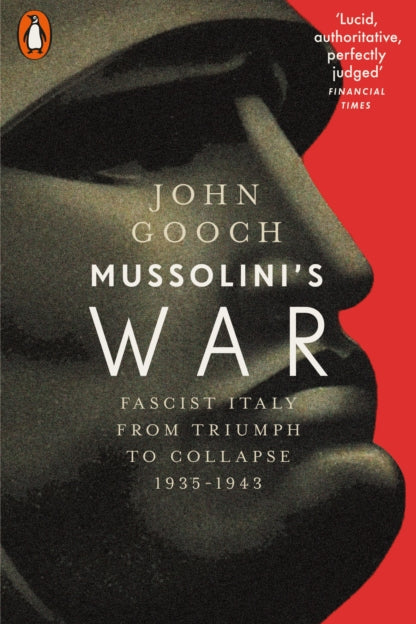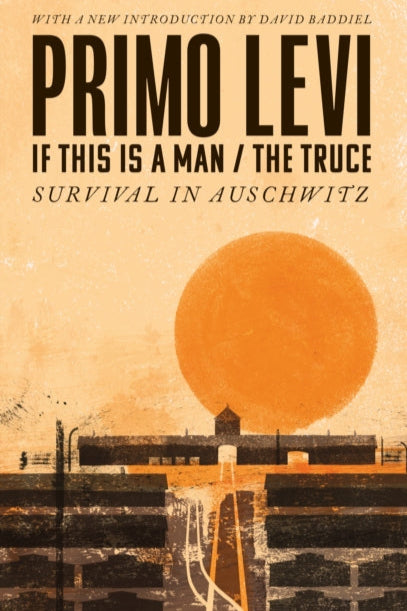Second World War
Italy’s role in the Second World War was marked by occupation, resistance and profound civilian suffering. Sicily '43 and Mussolini’s War explore military campaigns, while Naples '44 and If This Is a Man reveal life under fascism and Nazi rule. The Garden of the Finzi-Continis offers a haunting portrait of Italy’s Jews. These books show a nation divided and the human cost of war.

Sicily '43 - James Holland
Codenamed Operation HUSKY, the assault on Sicily on 10 July 1943 remains the largest amphibious invasion ever mounted. That day, over 160,000 Allied troops were dropped from the sky or came ashore to begin the fight for Europe. The subsequent thirty-eight-day Battle for Sicily was one of the most dramatic of the entire war, involving daring raids by special forces, deals with the Mafia, attacks across mosquito-infested plains and perilous assaults up almost sheer faces of rock and scree. Based on his own battlefield studies in Sicily and on much new research over the past thirty years, James Holland's Sicily '43 offers a vital new perspective on a major turning point in World War II.

The Garden of the Finzi-Continis - Giorgio Bassani
Aristocratic, rich and seemingly aloof, the Finzi-Contini family fascinate the narrator of this tale, a young Jew in the Italian city of Ferrara. But it is not until he is a student in 1938, when anti-semitic legislation is enforced on the eve of the Second World War, that he is invited into their luxurious estate. As their gardens become a haven for persecuted Jews, the narrator becomes entwined in the lives of the family, and particularly close to Micòl, their daughter. Many years after the war has ended, he reflects on his memories of the Finzi-Continis, his experiences of love and loss and the fate of the family and community in the horrors of war.

Mussolini's War - John Gooch
While staying closely aligned with Hitler, Mussolini remained carefully neutral until the summer of 1940. Then, with the wholly unexpected and sudden collapse of the French and British armies, Mussolini declared war on the Allies in the hope of making territorial gains in southern France and Africa. This decision proved a horrifying miscalculation, dooming Italy to its own prolonged and unwinnable war, immense casualties and an Allied invasion in 1943 which ushered in a terrible new era for the country. John Gooch's new book is the definitive account of Italy's war experience.

If This Is a Man - Primo Levi
With the moral stamina and intellectual poise of a twentieth-century Titan, this slightly built, dutiful, unassuming chemist set out systematically to remember the German hell on earth, steadfastly to think it through, and then to render it comprehensible in lucid, unpretentious prose. He was profoundly in touch with the minutest workings of the most endearing human events and with the most contemptible. What has survived in Levi's writing isn't just his memory of the unbearable, but also, in The Periodic Table and The Wrench, his delight in what made the world exquisite to him.

Naples '44 - Norman Lewis
Norman Lewis arrives in war-torn Naples as an intelligence officer in 1944. The starving population has devoured all the tropical fish in the aquarium, respectable women have been driven to prostitution and the black market is king. Lewis finds little to admire in his fellow soldiers, but gains sustenance from the extraordinary vivacity of the Italians. There is the lawyer who earns his living bringing a touch of Roman class to funerals, the gynaecologist who "specializes in the restoration of lost virginity" and the widowed housewife who times her British lover against the clock. "Were I given the chance to be born again," writes Lewis, "Italy would be the country of my choice."
